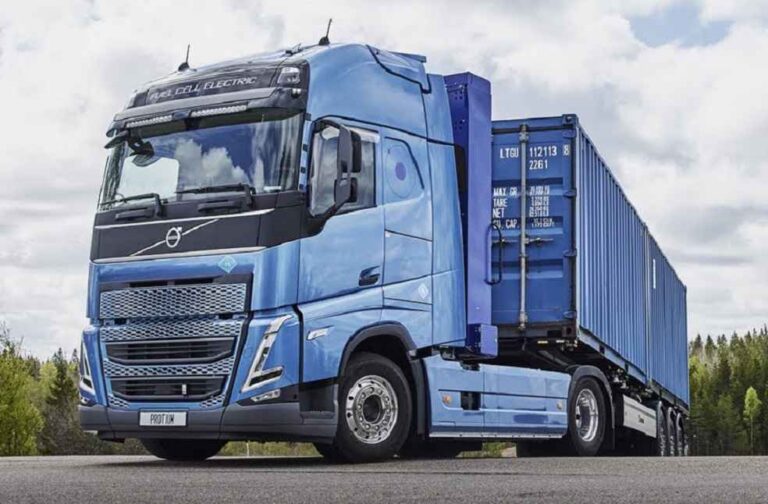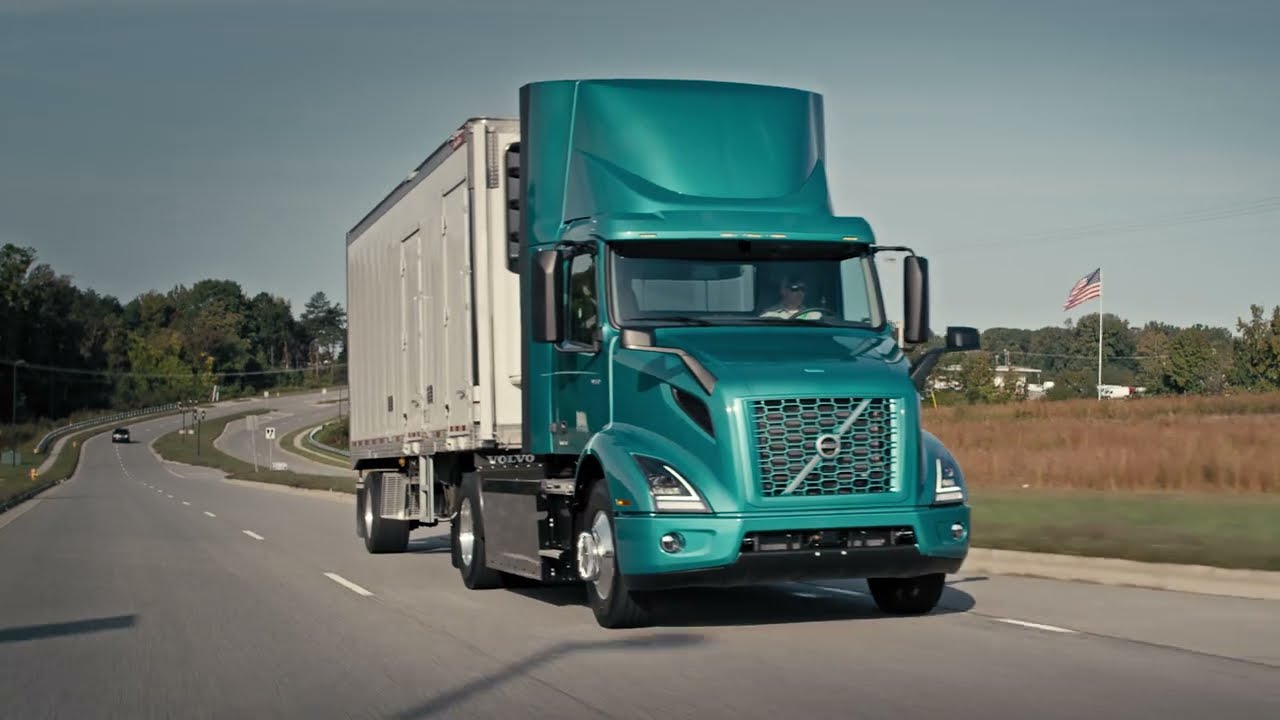As the global trucking industry accelerates into an era of environmental consciousness, Volvo Trucks is at the forefront of the evolving haulage landscape. With the progressive investment in electric trucks by haulers, Volvo’s Electric Trucks (Heavy-duty electric FH trucks) are playing a crucial role in this transformation. The latest endorsement of sustainable transport solutions comes from Gothenburg-based Swedish transport firm, Mattson Åkeri, which recently acquired three of Volvo’s heavy-duty electric trucks.
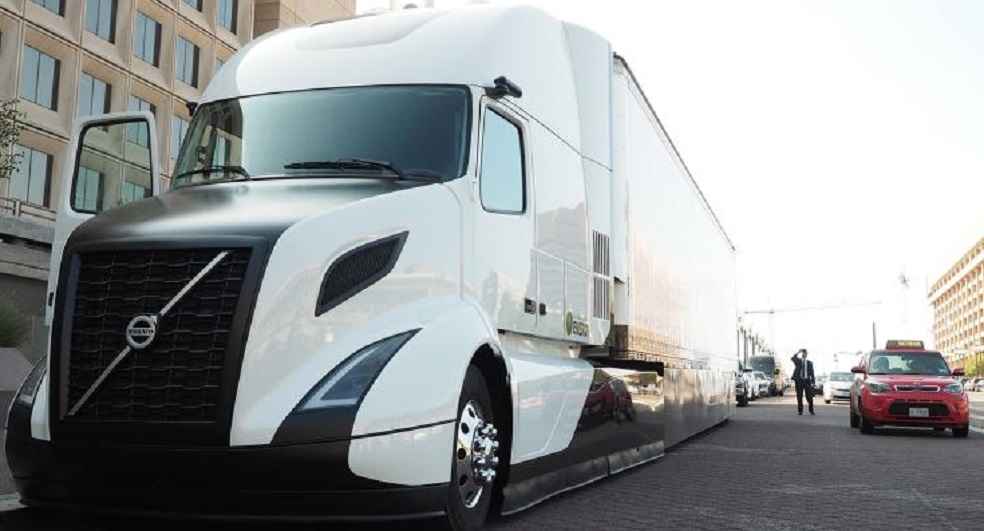
Presently, one of these trucks is under rigorous testing within the Arendal port area of Gothenburg as part of a High-Capacity Transport (HCT) project. This project aims to demonstrate that all-electric solutions, like Volvo FH Electric 6X4, can operate effectively even with substantial total weights and high utilization rates. This specific truck model is designed to handle a gross combination weight of up to 74 tones.
The project Manager of the HCT initiative at Volvo, Lena Larsson, spoke about the project’s objectives. “We want to show that all-electric solutions also work in applications with high total weights and a high utilization rate. Together with Mattson Åkeri, the Swedish Transport Administration, and several other partners, we are now looking at how we can optimize the operation of the electric truck, including how charging should take place in the most efficient way,”
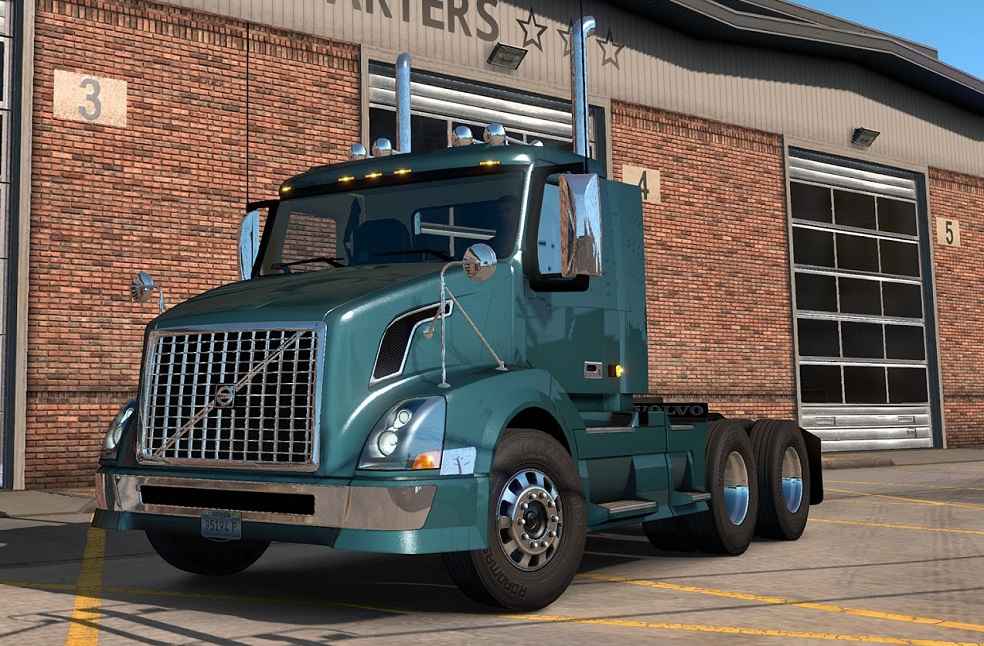
Volvo electric truck draws power from green electricity, courtesy of two rapid 180 kW chargers installed at Mattsson Åkeri’s Arendal depot. Future operational plans project the truck commuting between Gothenburg and Borås, a city located 70 km from Gothenburg.
Feedback from Mattson Åkeri’s CEO, Jan-Olof Mattsson, reinforces the efficacy of our electric trucks. “Driving long and heavy loads using electricity works very well so far, and we can carry as much cargo as a diesel truck. The truck runs 12 hours a day, with a stop for charging when the driver takes a break. We charge with green electricity and thus get no CO2 emissions. The silent, electric operation also means a better working environment for the driver.” He confirmed that the electric truck can transport as much cargo as a diesel-powered counterpart, thus attesting to its practical efficiency.
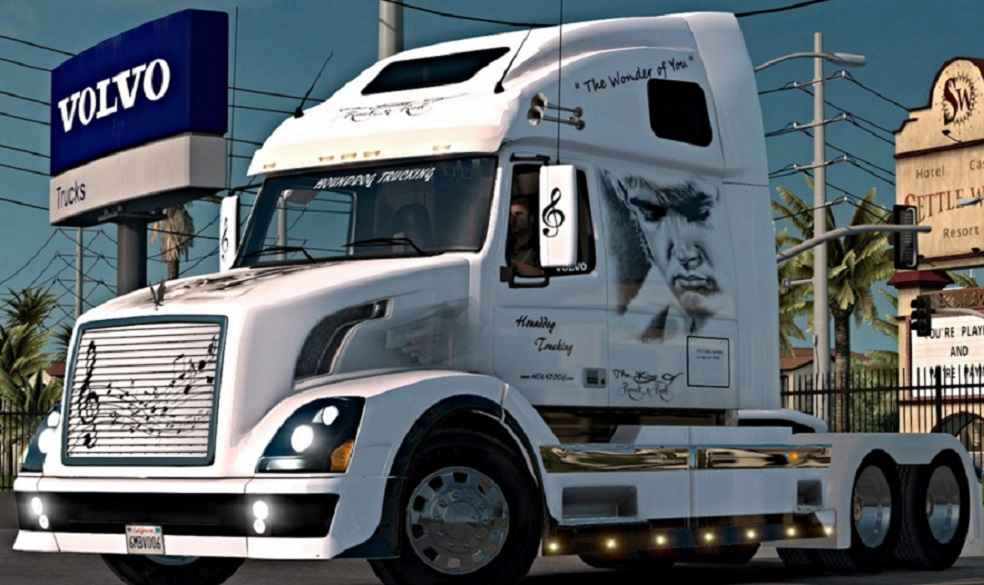
Since Volvo Trucks launched its all-electric truck production in 2019, it successfully sold almost 5,000 electric trucks across 40 countries. With an extensive assortment of six electric models, it offers the industry’s most diverse range of electric trucks for both urban and inter-urban transport. The global ambition of Volvo is to have half of its total truck sales be electric models by 2030.
The concept of High-Capacity Transports (HCT), which allows for larger loads per vehicle by extending the vehicle’s length or gross weight, brings groundbreaking benefits. These benefits include diminishing transport costs, shrinking environmental impact, enhancing traffic safety, reducing road wear, and cutting down on maintenance costs. There are several HCT projects currently underway or planned across Europe.
The commitment of Mattson Åkeri to testing and acquiring electric trucks showcases the transport industry’s crucial shift towards sustainable practices. Volvo Trucks is proud to contribute significantly to this endeavor, which could pave the way for a cleaner, greener future in heavy transport.
SPECIAL STORY: Musk Eyes Mongolia’s Copper Wealth; Talks Underway




